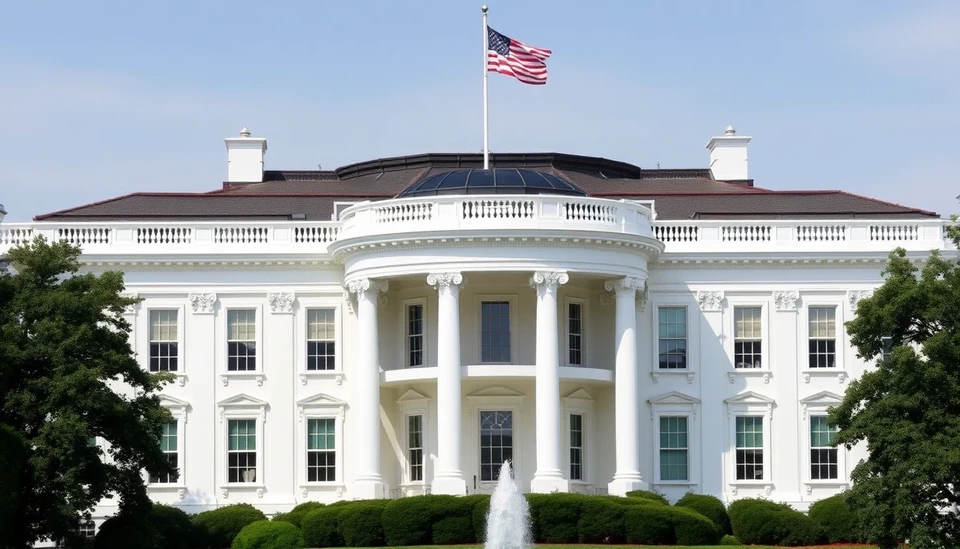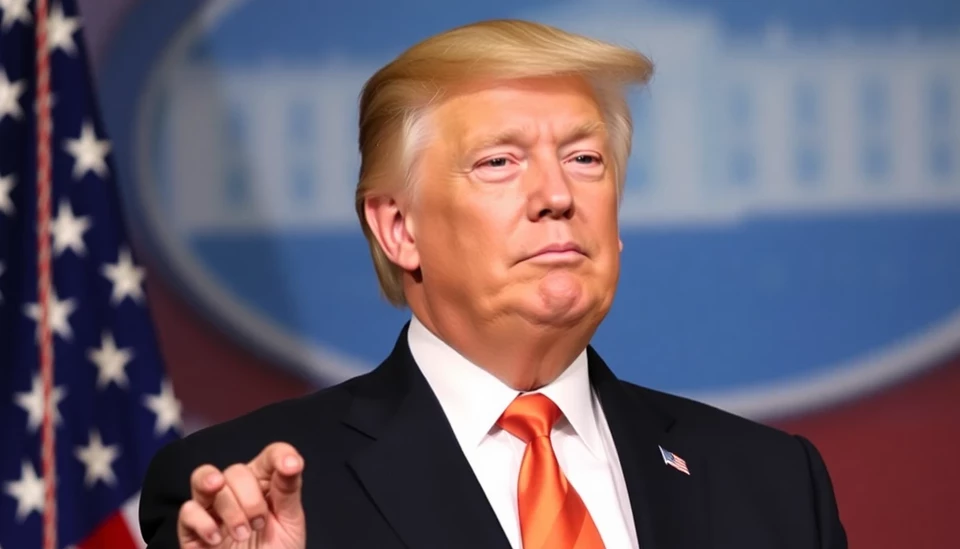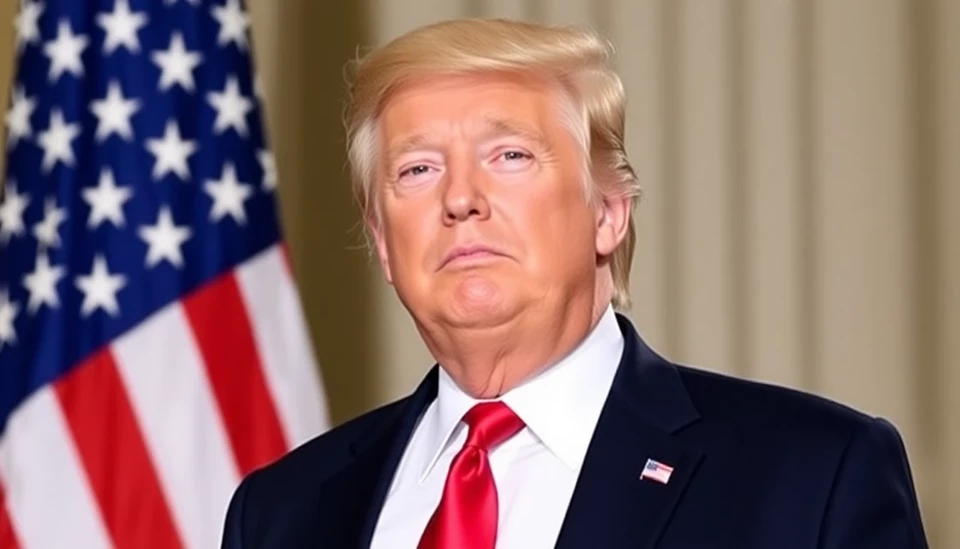
The political arena is once again abuzz with discussions surrounding tax cuts, as former President Donald Trump has reignited his push for significant tax reforms. This renewed endeavor comes amidst reports indicating that the federal deficit is considerably worse than it was during his previous term. The timing of Trump's tax cut advocacy raises pertinent questions about economic strategy and fiscal responsibility, especially as the national debt continues to swell.
Trump's administration had previously implemented substantial tax cuts, founded on the premise that they would spur economic growth and increase revenues by stimulating investment and consumer spending. However, critics argue that these cuts primarily benefited the wealthy and fueled the deficit without delivering the promised economic expansion or job growth. Now, with the deficit escalating further, the challenge for Trump and his supporters is to justify another round of tax cuts in an environment where fiscal constraints loom large.
Analysts have noted that the current deficit levels pose a significant hurdle for proponents of tax reduction. Economic experts point out that with the national debt soaring past $33 trillion, the political ramifications of pushing for tax cuts are fraught with peril. As lawmakers prepare to face voters in the upcoming elections, the implications of tax reform could influence their support and election strategies.
Trump's strategy may hinge on rallying his base by framing the issue as a matter of economic freedom and opportunity. However, recent polls suggest that many Americans are increasingly wary of the impacts of the ongoing deficit on future generations. The conversation around fiscal responsibility has evolved, and voters appear more inclined to consider the long-term consequences of increased borrowing, particularly in a climate of economic uncertainty.
Furthermore, Trump's tax cut proposals could provoke fierce opposition from Congressional Democrats, who have consistently advocated for increased taxation on high-income earners and corporations to fund social programs and bring down deficit levels. The partisan divide on this issue could lead to intense debates, especially as both parties prepare for a consequential election cycle.
With the nation's economic landscape shifting, all eyes will be on how Trump's tax cut push unfolds. Stakeholders from various sectors will be paying attention to the potential ramifications of these proposals, both in terms of economic impact and political viability. The upcoming year promises to be pivotal as policymakers navigate these complex issues amidst a backdrop of growing fiscal challenges.
As discussions continue, Trump advocates will need to carefully articulate their vision for how tax cuts can coexist with a responsible approach to managing the deficit. The performance of the economy and the public's response will ultimately dictate the success or failure of this renewed tax agenda in the face of considerable financial hurdles.
In conclusion, Trump's renewed push for tax cuts is poised to be a contentious topic in the political landscape, especially given the alarming state of the federal deficit. As the debate heats up, the implications will not only affect economic policies but also the political fortunes of those involved. The forthcoming months will be crucial for both sides of this issue as they vie for public support and navigate the complex interplay of fiscal responsibility and economic opportunity.
#TrumpTaxCut #FiscalResponsibility #DeficitDebate #EconomicChallenge #2024Elections
Author: Rachel Greene




